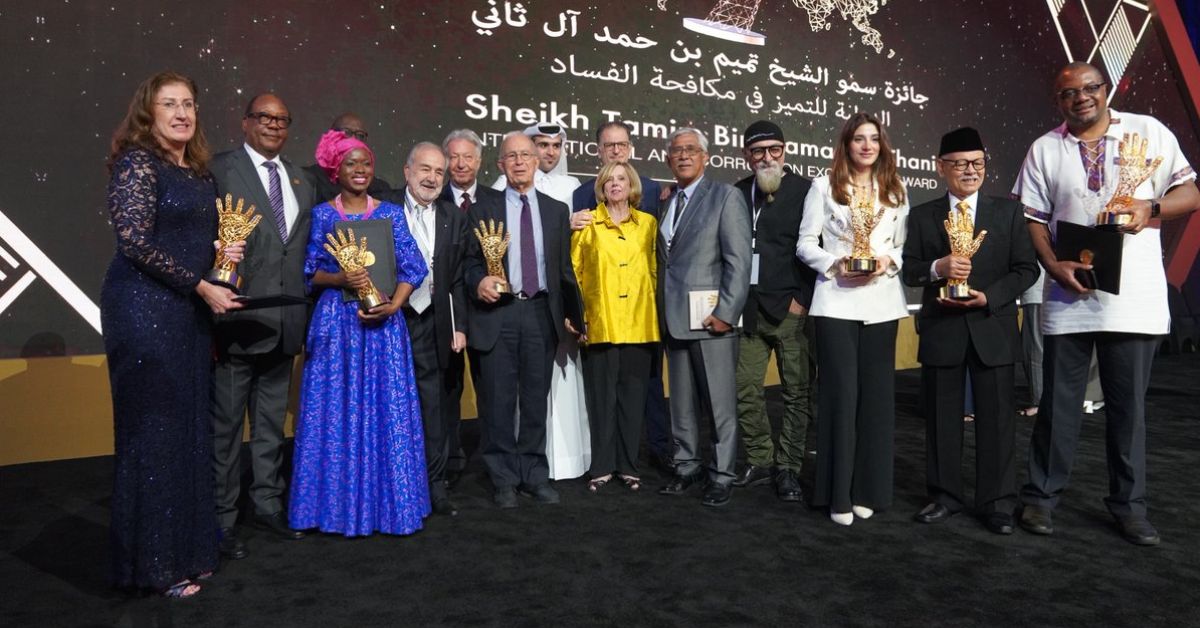Doha – Qatar is a leader in supporting anti-corruption initiatives, enhancing transparency and integrity, and upholding the rule of law at local, regional, and international levels, said Uzbekistan’s First Deputy Minister of Economy and Finance, Ilkhom Norkulov.
Norkulov highlighted the Sheikh Tamim Bin Hamad Al-Thani International Anti-Corruption Excellence Award (ACE Award) as a testament to Qatar’s commitment to anti-corruption efforts and global development support. Uzbekistan is hosting the 7th edition of this event.
Initiated in 2016 by the State of Qatar in partnership with the United Nations (UN), the ACE Award annually rotates its ceremony location among different countries. It champions global efforts to motivate institutions, organizations, and individuals worldwide to fight corruption.
Norkulov emphasized Uzbekistan’s eagerness to strengthen its cooperative relationship with Qatar, particularly in anti-corruption efforts. He noted that Qatar has achieved advanced rankings and received numerous international accolades in this area, from which Uzbekistan seeks to learn.
He specifically mentioned leveraging Qatar’s experiences in developing strategies, work plans, and policies for ministries and government bodies and enhancing supervisory measures across various agencies.
Regarding the evolving Qatar-Uzbekistan relations, Norkulov affirmed that bilateral ties, particularly in economic, financial, and social sectors, have seen significant growth recently.
He noted that both countries have the potential to attract investments. He particularly highlighted Qatar’s strong ability to draw investors from Uzbekistan, owing to Qatar’s ongoing development in various sectors and the implementation of numerous legislative and economic reforms to enhance the investment climate.
Norkulov emphasized that corruption poses a significant threat to the stability of societies, hampers development, endangers the progress of nations and the well-being of their citizens, and imposes heavy financial burdens on public budgets.
He added that successfully eradicating this issue is key to achieving sustainable development, facilitating access to justice, and establishing effective and accountable institutions.
Furthermore, Norkulov praised Uzbekistan’s efforts to fight corruption at all levels. These efforts include strengthening oversight of all ministries and government institutions, adhering to the highest standards of transparency in all state sectors, maintaining the integrity of public service, and promoting good governance. (QNA)








